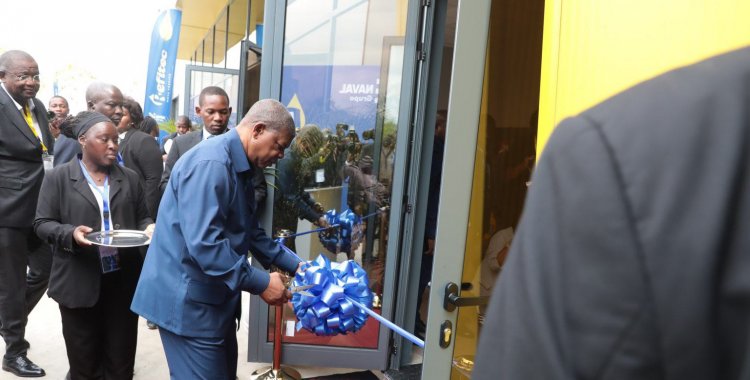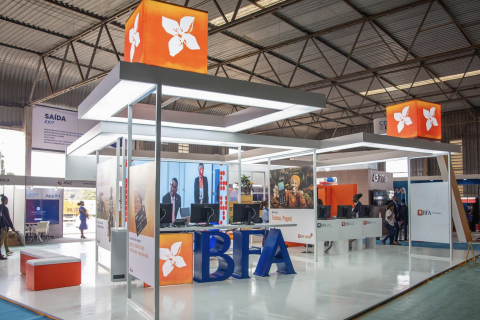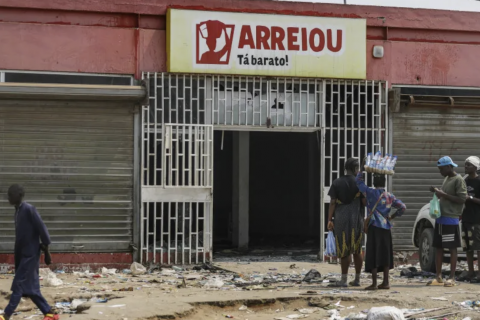The investment, destined for the Naval Group – a conglomerate of several companies operating in the commerce, industry and services sectors – aims to transform the cooking oils sector in Angola and guarantee a market share of more than 50 percent.
Speaking to journalists during the inauguration ceremony, the head of state considered that the country is "on the right path" that will lead to "food security".
"By inaugurating this project, I have the impression that we are on the right path, on the path that will lead us to food security, because today we not only produce, but we are also beginning to transform the products of the field," he said.
"This manufacturing unit is geared towards this, although, from the explanations we have received, at the moment crude oil is still being imported and is only being refined here. But this entire industry is prepared so that our farmers and farmers can, in a future that we hope will be near, supply this unit with the grain they need to transform it into refined oil, ready for human consumption," he added.
When asked about the possible possibility of the prices of cooking oils falling with the opening of this factory, João Lourenço said that "everything depends on supply".
"The greater the supply, the greater the difference between supply and demand — a difference in favor of supply — the tendency for prices to fall. So it's that simple. This is universal, it's like this all over the world," he emphasized.
The Minister of Industry and Commerce, Rui Miguêns, said at the time that, with the start of production at Refitec, Angola now has a total capacity of 1300 tons of cooking oil per day, and should reach 1700 tons per day with the start of operations "soon" of another factory in Luanda.
"This project is a vital link in the edible oil production chain, a strategic sector for Angolan food sovereignty. By processing locally, we reduce imports, strengthen the national currency and create qualified jobs," he pointed out.
In turn, the financial director of Grupo Naval, Eduardo Barbosa, reported that the business conglomerate invested around 200 million dollars between 2019 and 2022 in the industrialization of Angola's food chain.
The industrial complex (with a bottling line capable of packaging more than 1,000,000 liters of oil per day) operates with cutting-edge technology and rigorous sustainability standards, a wastewater treatment system, control of atmospheric emissions and reuse of industrial waste, the businessman further explained.





















